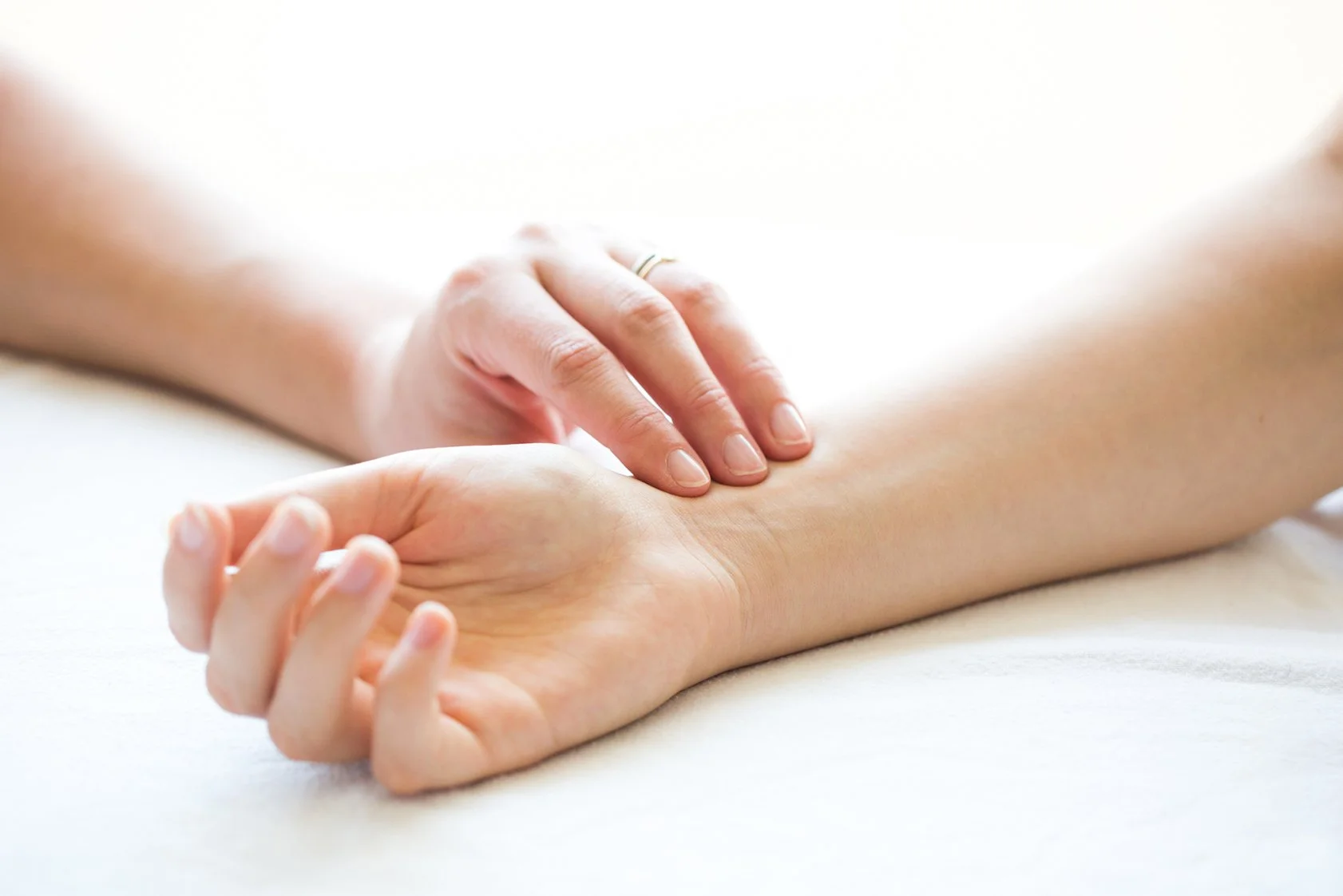Endometriosis & Chinese Herbal Medicine
Source: Register of Chinese Herbal Medicine
With 1 in 10 women in the UK suffering from endometriosis, it is not surprising that many sufferers seek effective solutions for their chronic pain, to help them conceive and to improve quality of life. The most common symptom of endometriosis is pain in the abdomen, and upon menstruation.
Patients may have symptoms ranging from mild to severe, with the pain sometimes being debilitating. It may also occur with a bowel movement or when having intercourse, with a potentially significant reduction in quality of life. Symptoms can occur for years, before being officially diagnosed by laparoscopy.
Current Western Medical treatments include pain killers, as well as hormone medicines and contraceptives, which are often unsatisfactory in their improvement of symptoms. Surgical removal of endometrial cysts may be offered and can bring short term benefit, but secondary problems can arise from new adhesions and pain.
What happens when an Endometriosis Patient attends a Chinese Medicine Clinic?
In the clinic, a Chinese Herbal Medicine consultation records a full case history, including any previous medical investigations. In addition to this case history, a tongue diagnosis and pulse diagnosis will be taken to assess the whole body, and the nature, location, severity, frequency, quality of pain, plus any accompanying symptoms throughout the menstrual cycle. Where the patient wishes to conceive, considerations given to the timing of any fertility plans to ensure treatment is both safe and effective, should pregnancy be achieved during treatment.
In the first Chinese Herbal Medicine consultation, a diagnosis is made of the underlying 'patterns' that is seen to underpin the symptoms of the endometriosis, and this will enable the practitioner to prescribe a unique prescription that treats root causes of the condition.
Individual Diagnosis and treatment:
As the blood is seen to not move correctly and accumulate in sites outside of the uterine cavity, this is viewed as as 'Blood Stasis' in Chinese Medicine. This improper movement of the blood may be viewed as arising from 'qi stagnation', or a deficiency giving rise to 'coldness', or 'heat'. Prescriptions will therefore be dispensed to rectify and restore the proper movement of blood, to address the underlying causes of this, and to prevent excessive bleeding where present, and stop pain. Each prescription will be tailored to suit the individual, and different formulae may be given at different phases of the menstrual cycle for greater effect.



